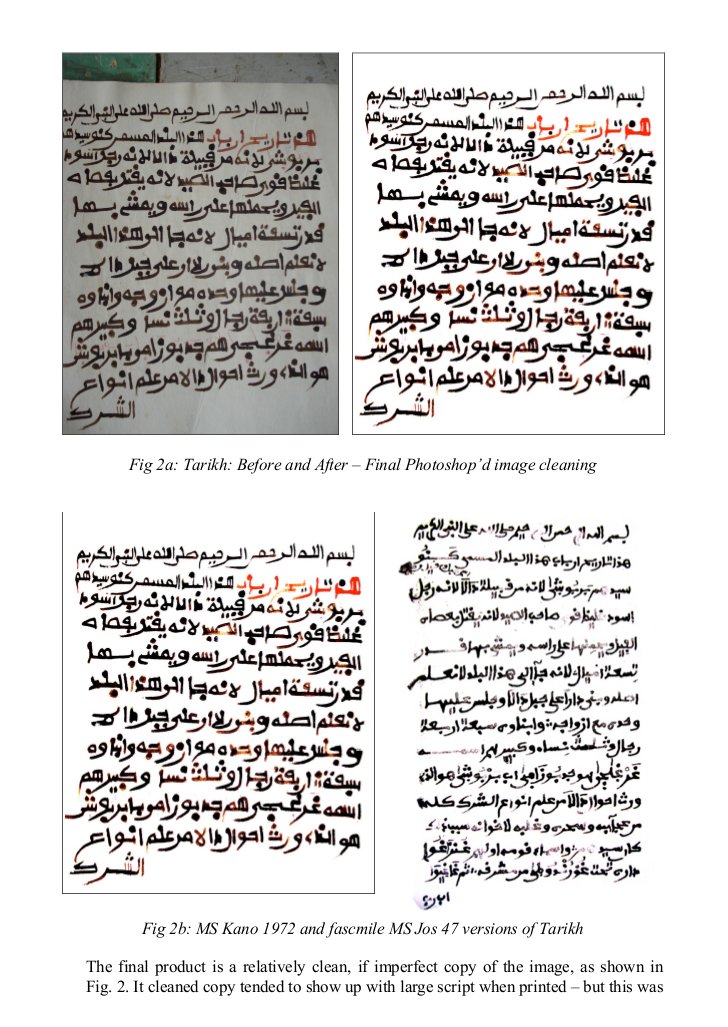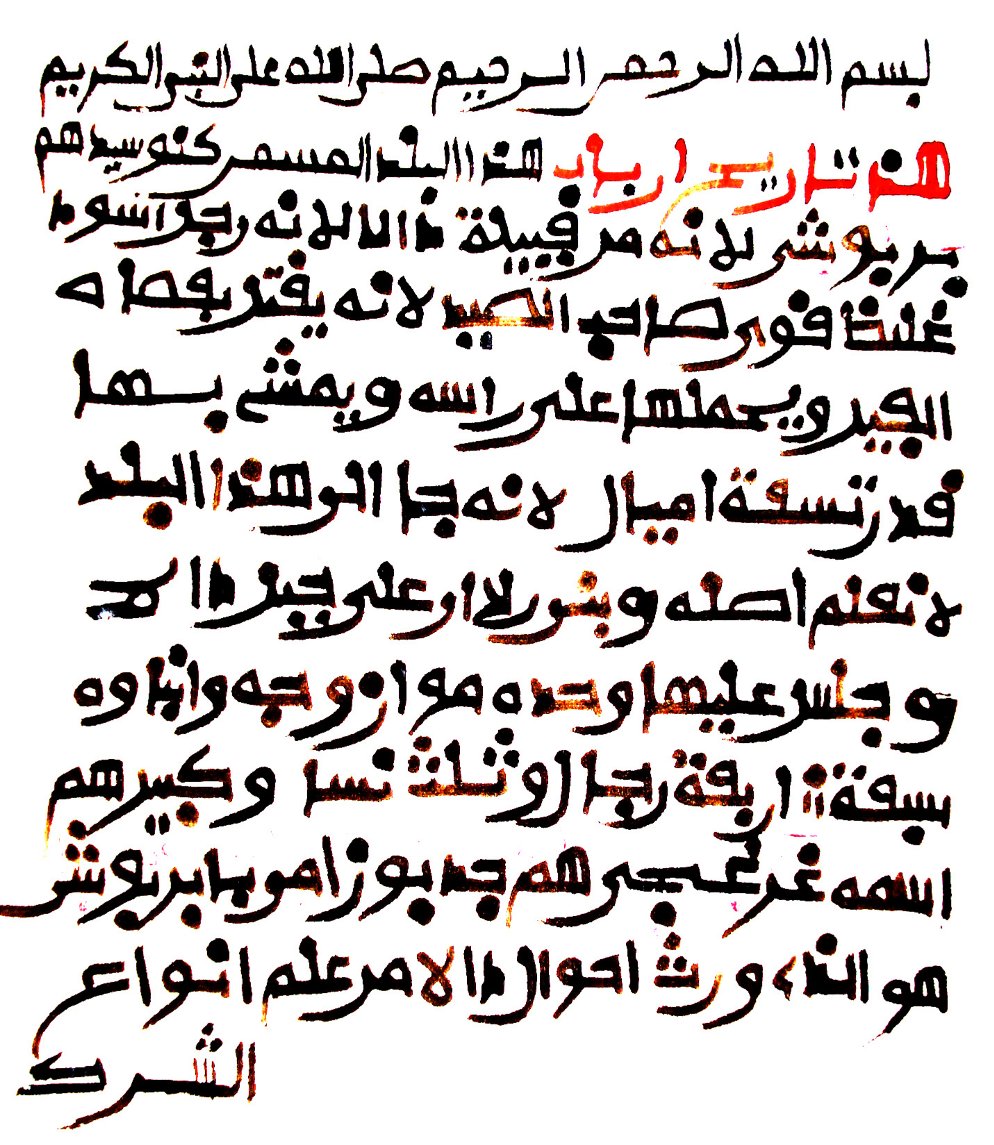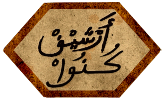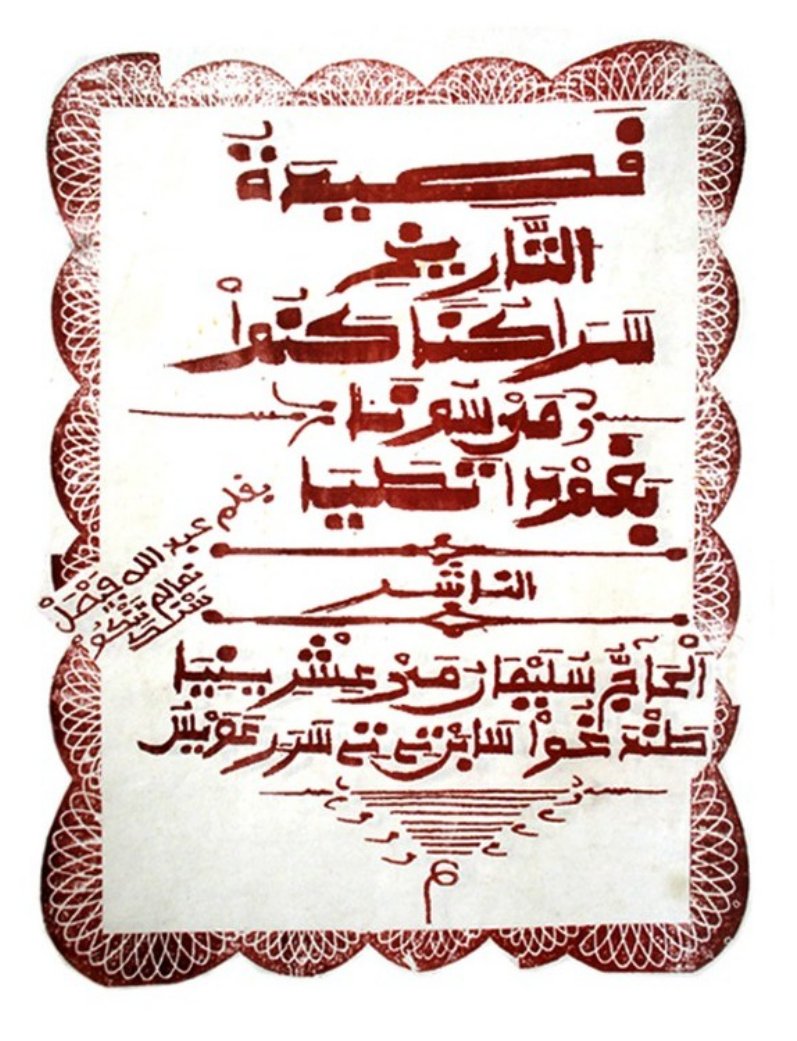Manuscripts

Introduction
More than any of the old Hausa kingdoms, Kano, Nigeria, seemed to have received the literary and intellectual attention of Islamic scholars since the political formation of the city in 1000. Thus perhaps more than any other city in what would become latter day Nigeria, a series of historical accounts (chronicles) exist to construct the social, economic, cultural and political development of Kano for over one thousand years. The main known primary Arabic accounts include Tarikh Arbab Hadha al- balad al-Musamma Kano (The Kano Chronicle), Asl-Wangriyyun (The Wangara Chronicle), Taqyidil Akbar (The Jihad Chronicle), Al-Eelan Fi Tarikh Kano and the oral-literature Ajami Wakar Bagauda (The Song of Bagauda). All revered as original sources of indigenous ethnographic information, as well as reviled as works of foreigners by various, essentially foreign commentators, nevertheless it became a challenge to preserve these primary source documents. The first challenge was locating the manuscripts, often from “community librarians” and copyists who do not wish to part with their copies. The second was photographing them using standard digital camera on site. The third was to render them readable after passing through CorelDraw and Adobe Photoshop. This paper catalogues these primary sources within their historical context, as well as details some of the strategies taken to digitize them as eCopies and stitching back to their original manuscript forms for distribution. The main objective is to demonstrate the portability of manuscript digitizing processes particularly for field researchers working in African environments.

Kano Archives







